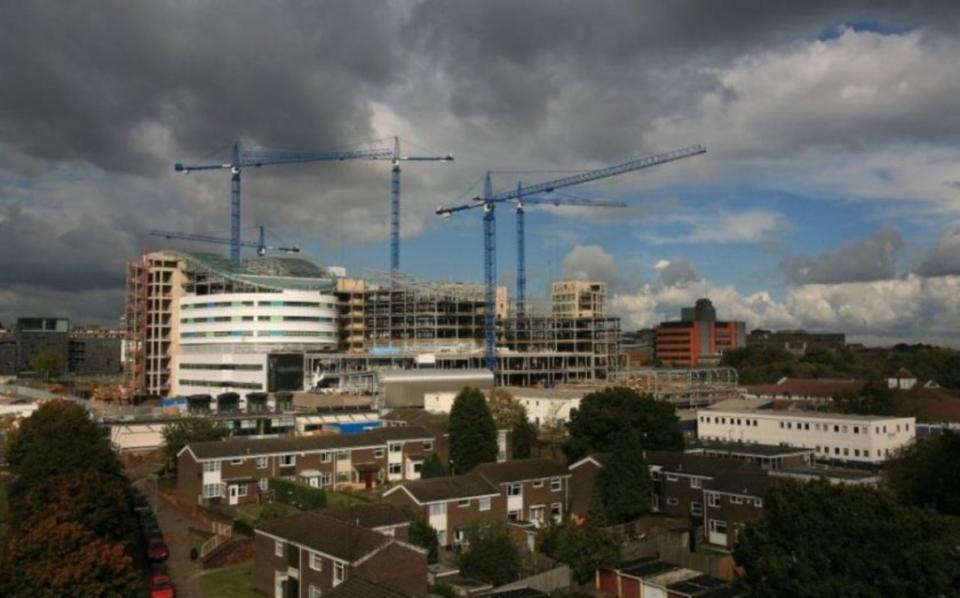Overseas investment in West Midlands soars but other regions lag behind

Overseas investment into the UK rose in 2023, according to new EY research, but the national increase obscured deep regional imbalances.
The West Midlands recorded a 72 per cent increase in overseas investment projects last year, creating almost 7,000 jobs.
The region – which includes cities like Birmingham, Coventry and Wolverhampton – received 172 projects, second only to London in the number of projects and jobs created.
“The West Midlands’ UK-leading FDI figures are testament to the strength of our frontier technologies and our talented workforce,” Richard Parker, Mayor of the West Midlands said.
Given the number of jobs created through overseas investment, Parker said it was “incumbent upon us” to ensure that the region’s skill-base matched global demand.
Greater London meanwhile recorded a 20 per cent increase in FDI projects, with the rise driven by tech and financial services.
Scotland saw a 14 per cent increase in investment projects, bringing the annual total to 142 . This was its highest total on record with the increase largely due to a rise in renewable energy investments.
However, regions across the north of England saw FDI projects fall by 22 per cent, with Manchester in particular suffering.
Having been the top spot for international investors outside London in 2022, Manchester fell behind Birmingham and Edinburgh last year after FDI projects dropped 31 per cent per cent.
Yorkshire and the North West recorded their lowest levels of FDI projects since 2014.
“Last year proved challenging for the North West and Manchester slipped down the rankings after a drop in investment numbers,” Peter Arnold, EY UK Chief Economist, commented.
The economy has consistently been held back by the UK’s regional imbalances. In her Mais lecture, Rachel Reeves, the Chancellor, noted that productivity lagged the national average in all of England’s largest cities.
Arnold said that improving the attractiveness of the UK’s regions could be a crucial driver of investment and growth in the coming years.
The EY survey showed that the most important factors considered by investors when deciding whether to invest outside London was access to regional grants and the skills of the local workforce.
“The diversity of sectors outside the capital could become a significant asset for the UK, if it plays to its regional strengths,” he said.
“Manufacturing and utility supply are key sectors in Scotland, the North and the Midlands. With targeted strategic investment and support, these areas have the potential to emerge as vital hubs for the innovation and implementation of sustainable technologies, driving the nation’s progress in the clean tech arena,” Arnold continued.

 Yahoo Finance
Yahoo Finance 